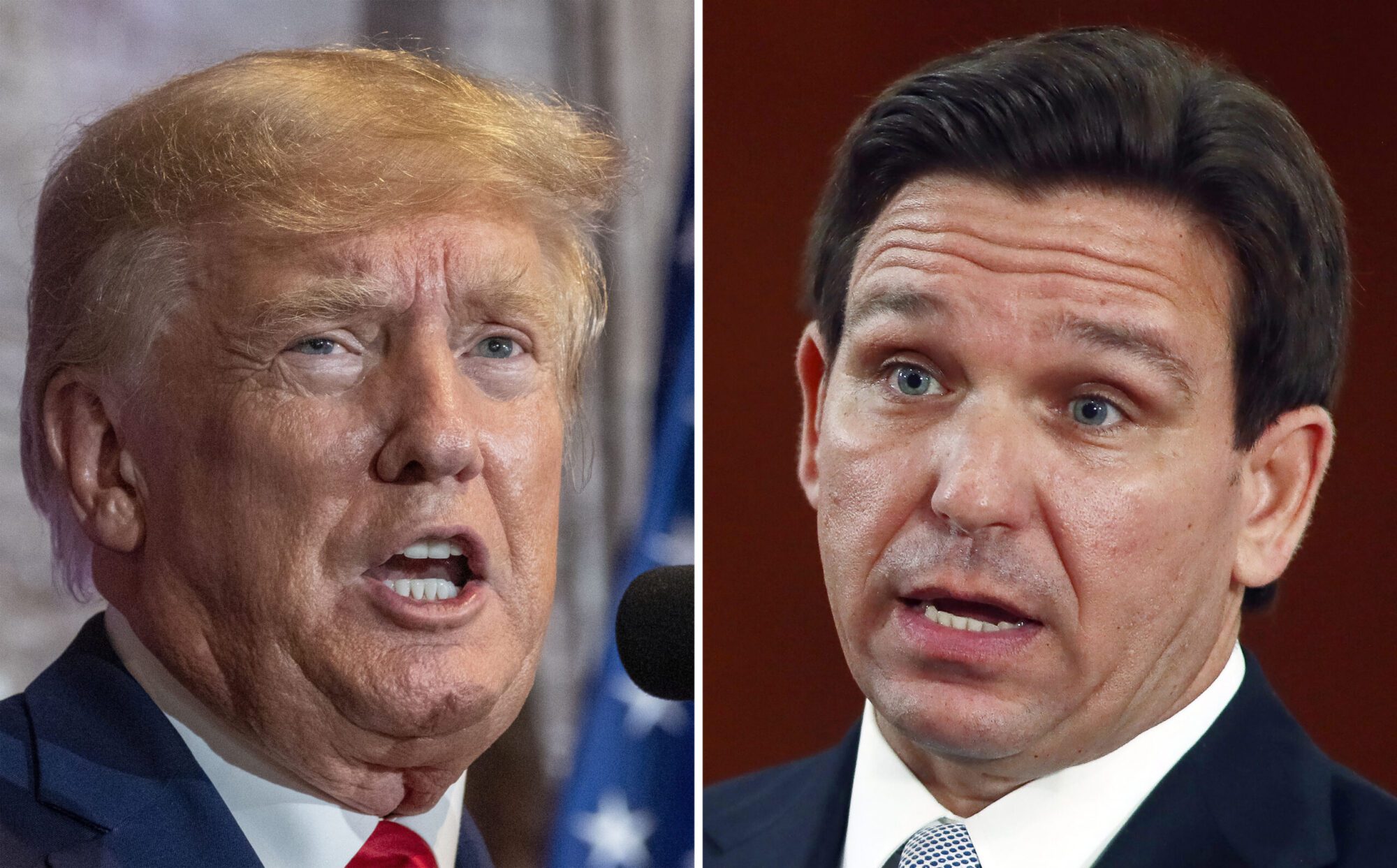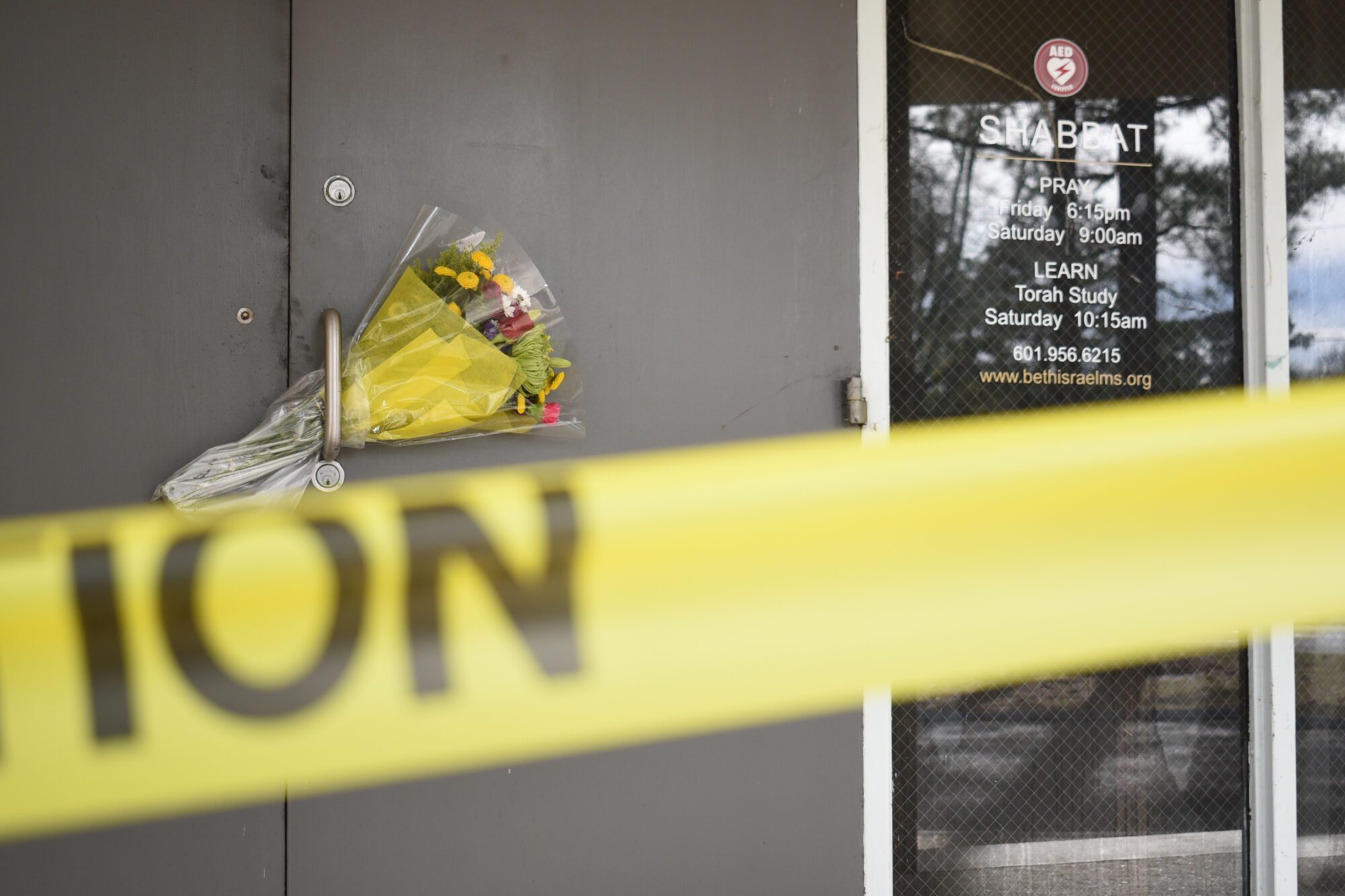
Here’s what you need to know going into the 2018 Legislative Session:
1. Medicaid “tech” bill
What will probably be the most talked about topic of the 2018 session, the Medicaid tech bill will reauthorize the Division of Medicaid. Legislature has been asked to reexamine the program and make changes to funding. Those changes will include the Managed Care Program that was implemented under the former director Dr. David Dzielak.
Over the last few months a Medical Care Advisory Committee was put in place to help with the reauthorization and have made multiple recommendations regarding the state’s current policy. For instance, they recommended Medicaid’s fee-for-service patients be given unlimited doctor’s visits, currently those not on Managed Care only get 12 a year.
Any changes made to Medicaid could potentially affect over 740,000 Mississippians who rely on its services.
2. MAEP Formula Rewrite
Will they or won’t they, that’s the question when it comes to rewriting the Mississippi Adequate Education Program (MAEP), the state’s current education formula. Last year legislators met with a company called EdBuild who provided an analysis of what a more student-based funding program would do for the state. They say those facts have not changed.
Lt. Gov. Tate Reeves has said he will push for a student-weighted formula. He told Mississippi Today. It is Imperative that we ensure classroom needs are being met, and the best way to do that is through a student-weighted funding formula, meaning the education and needs of each child in a desk are being met. Using much of the data collected last session, both chambers will work through a funding plan that prioritizes Instruction over administration and support for teacher training and programs that work.”
Amidst the potential rewrite, changes are taking place within the House Education committee. Senator Gray Tollison remains the Chairperson for the Senate Education Committee but a decision on who will replace John Moore, as the chairperson of the House Education Committee remains up in the air. Lawmakers are confident that it will be resolved if not before session, then early on.
3. Roads and Bridges
Just like last year, roads and bridges across the state are a focal point for lawmakers in the 2018 session. In 2017 no agreement between the House and Senate could be made on potential funding for the state’s failing infrastructure.
“Infrastructure is something we believe is a primary function of government,” said Speaker of the House Philip Gunn. “The house has shown a commitment to finding solutions to the problem.”
After Sine Die in 2017 several options like a Local Option Fuel Tax, New Road Moratorium, MDOT taken off of the State Personnel Board and even a Bond Issuance were proposed by the Speaker of the House Philip Gunn. As the Special Session came and went in July, no agreement was made to use any of these programs to increase funding for an overhaul of reconstruction to infrastructure.
Gunn said he will continue to push those same programs in the 2018 Session.
4. Trooper School
The Mississippi Highway patrol continues to operate under capacity with only 462 of their roughly 640 trooper goal met.
Commissioner of The Department of Public Safety Marshall Fisher said that last year the legislature approved a 60 person trooper school and that began almost immediately after session ended in April. This year the ask will continue to provide for the school’s operation and provide equipment for troopers.
“It’s in the $7 million dollar range, it could be less but it could be a shade more. Some of that depends on what equipment we may have to buy, based on how many troopers are able to retire,” said Fisher. “if we could just be able to keep a pool of qualified applicants on file we could cut down some of that space in the process and move a little quicker.
140-150 troopers are eligible for retirement this year, which puts a strain on the department to replace them. Fisher said that amount of funding for trooper school will potentially keep the numbers even.
5. Lottery
This year lawmakers could debate again on whether or not to implement a statewide lottery system. Since last year, a lottery commission was established by Speaker of the House Philip Gunn to examine the effects of a lottery on the state. The support is split nearly in half of those who were apart of the commission’s research.
According to the <a href=”http://www.clarionledger.com/story/news/2017/12/27/mississippi-lawmakers-could-debate-creation-lottery/985414001/”>Clarion Ledger</a>, organizations like the Mississippi Baptist Convention are opposed to a lottery citing that they are corrupting and do not help individuals participating who are already struggling to pay their own living expenses.
Mark Baker, Representative of District 74, said the Committee was not responsible for making a recommendation
“Setting aside the arguments of for or against, something that must be acknowledged regardless of how you feel about a lottery, it is happening. We are surrounded by states that have a lottery. Mississippians in large numbers are spending a substantial amount of money on lottery tickets,” said Baker.
Baker said that if substantial revenue from Mississippians is going to be used by neighboring states to educate their children and fix their roads, why could It not be used in Mississippi to educate our children and fix our roads.
The Department of Revenue said for Mississippi the last three years average collections of $26.5 million from withholding on gaming winnings. Annually, they receive an average of 268,000 W2G’s from Mississippi gaming establishments and 32 percent of them were issued to Mississippi residents for collections of $7.6 million per year.









